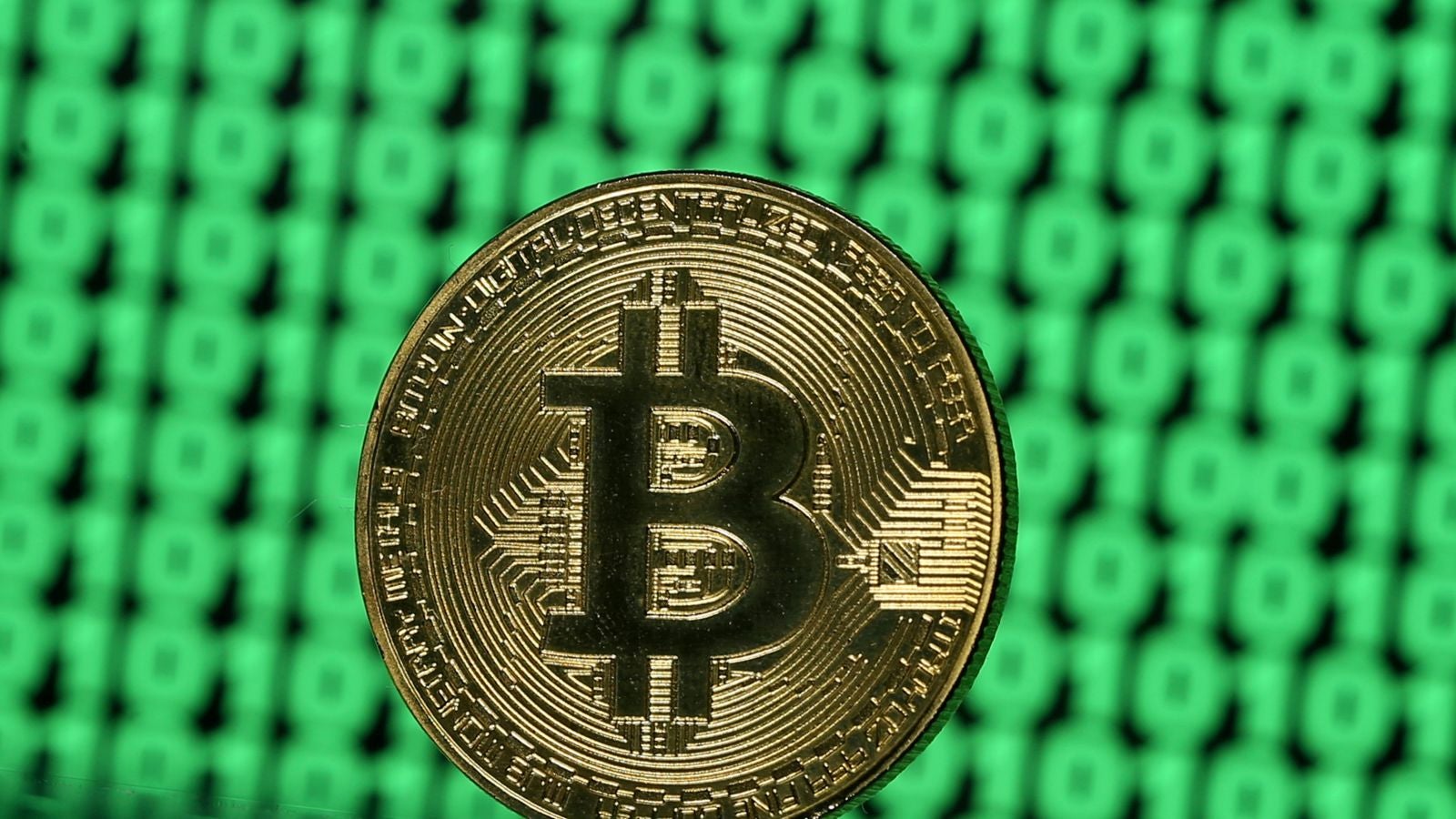Despite India’s crackdown, new cryptocurrency exchanges are still coming
India’s central bank has virtually pulled the plug on the country’s cryptocurrency ecosystem by forbidding banks from having any business relationships with exchanges.


India’s central bank has virtually pulled the plug on the country’s cryptocurrency ecosystem by forbidding banks from having any business relationships with exchanges.
This should have been something of death knell for the industry, and the bourses were expected to shut shop. Instead, more cryptocurrency exchanges are now planning to launch in India.
The Reserve Bank of India’s (RBI) April order instructed all Indian banks to terminate their businesses with cryptocurrency exchanges by the first week of July, a process that is currently in full swing. This means customers won’t be able to buy or sell digital currencies in exchange for cash on these platforms, which has resulted in trading volumes plummeting. From a peak of 15,000 units per day around the end of 2017, cryptocurrency trading in India has declined to less than 1,000 units currently, according to industry members.
On April 07, just two days after the central bank’s diktat, a new local exchange, CoinDCX, commenced operations, allowing customers to track even their international trades in Indian currency.
Later this year, Singapore-based Alluma is all set to launch its operations in India, with an emphasis on stringent background checks. Also, Ahmedabad- based CoinRecoil, a new Indian exchange, is looking to set up shop over the next few months.
These firms are betting on the fact that cryptocurrencies have not been deemed illegal so far in India. A committee set up by India’s finance ministry is expected to table recommendations for virtual currency regulations within this financial year, and the RBI is also looking at launching its own digital currency.
“Whenever a new technology is introduced in the market then it faces criticism and steps are taken to stop its growth; the same thing is happening with virtual currencies,” said Kunal Barchha, director at Kali Digital Eco-Systems, which will launch CoinRecoil.
“Despite the challenges in India due to the regulatory environment, there is a significant potential for growth due to the large number of people and their purchasing power, and so we think it’s a good market,” he added.
It can take anywhere between Rs50,000 (over $700) to several crores to launch an exchange, depending on the number of people involved, operations that have been outsourced, built-in technology, scale of business, etc. And the cost of running an exchange in India, according to industry experts, is typically more than Rs25 lakh per month.
Not giving up
With cash trading not allowed, these new exchanges will exclusively focus on crypto-to-crypto trade, where customers buy one cryptocurrency in exchange for another. However, this business model is limited in scope as the trade will be confined to only existing investors.
But first-time investors can buy from a peer-to-peer platform, where the role of the exchange is limited to connecting the buyer and seller. These transactions are then taken offline and completed in cash.
Some other existing digital currency exchanges, including Koinex and Zebpay, are also changing their strategy to launch crypto-to-crypto-based trading options.
In order to expand the scope of their business, newcomers are looking at other markets, too. “India is an important market but we won’t just be focusing on it. We are also launching in Philippines and will look at other markets in Asia that have favourable crypto-related regulations,” said Akash Aggarwal, founder and CEO of Alluma, an exchange headquartered in Singapore.
“Singapore, Estonia, Australia, Canada, Thailand, and Dubai are some of the places that we are considering right now,” said CoinRecoil’s Barchha.
Meanwhile, Kali is exploring the legal route. It has already taken the RBI to the Delhi high court over its April order. Overall, the hope is that the central bank and the government will soften their stance on bitcoin and other cryptocurrencies over time.
However, existing players, who are already feeling the squeeze, aren’t impressed. ”After investing so much time, money, and energy in it, people think it’s better to take the risk of launching instead of dropping the plan altogether,” said the co-founder of another Indian virtual exchange, requesting anonymity. “I don’t think its a great idea.”